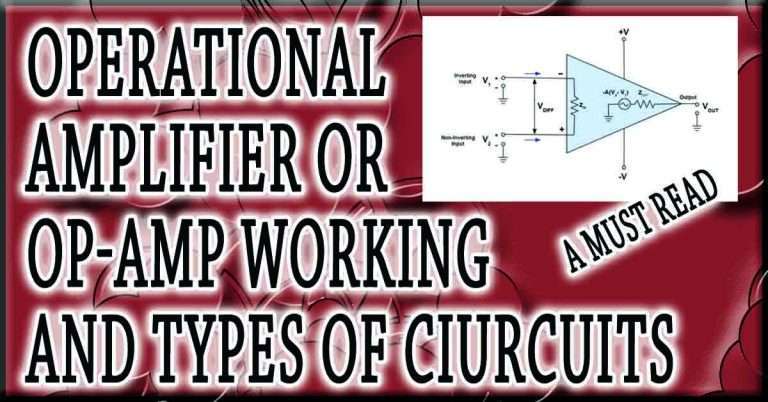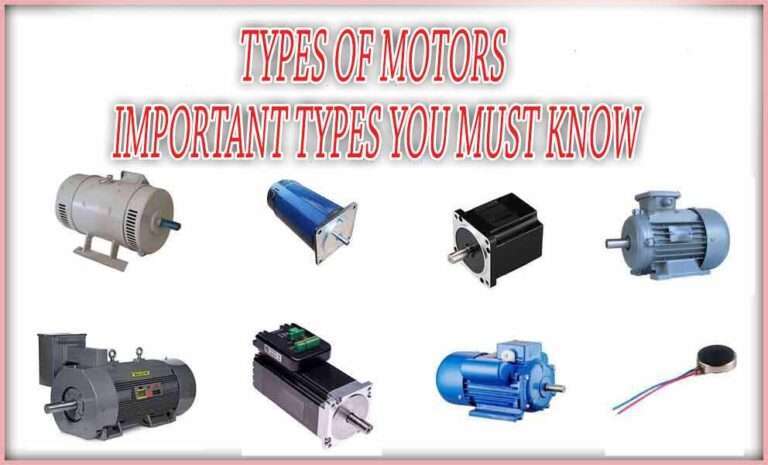Best Commercial Fire Alarm System: Proven Performance for Safer Buildings | Ultimate Guide
Choosing the best commercial fire alarm system is critical for protecting lives, equipment, and buildings. Commercial environments often involve dense populations, high-value assets, and strict compliance needs. Therefore, a fire detection and response system must be precise, reliable, and fast-acting. This guide explores top system features, technologies, and comparisons to help businesses choose the most suitable solution.

What Makes the Best Commercial Fire Alarm System?
The best commercial fire alarm system combines early fire detection, fast communication, and wide coverage. It monitors environments 24/7 and sends alerts within seconds. A good system prevents loss, reduces insurance costs, and meets legal safety regulations. It is also scalable, allowing for future expansion as the building or operation grows.
Technical Features of the Best Commercial Fire Alarm System
Detection Technologies in the Best Commercial Fire Alarm System
The system should have a mix of detection methods to handle different fire scenarios. These include:
- Ionization Smoke Detectors: Respond quickly to flaming fires.
- Photoelectric Detectors: Ideal for smoldering fires.
- Heat Detectors: Detect temperature changes over time or sudden spikes.
- Multisensor Detectors: Combine smoke, heat, and sometimes CO detection.
If you are interested in installing a brand new fire Alarm system the we have covered Best Wireless Fire Alarm System which will make your decision easy during Selection
Control Panels in the Best Commercial Fire Alarm System
The control panel is the heart of the system. It receives data from detectors and controls alarms and alerts. The best panels offer LCD displays, zone mapping, event logging, and system status reporting. They can handle inputs from hundreds or even thousands of devices.
Notification Systems in the Best Commercial Fire Alarm System
A strong notification system alerts occupants using visual and audio signals. Strobes, sirens, horns, and voice evacuation systems ensure everyone understands the danger. Voice systems are especially important in noisy environments or for guiding occupants with clear instructions.
Communication Protocols in the Best Commercial Fire Alarm System
Modern fire alarm systems use digital communication protocols such as:
- Addressable Systems: Each device has a unique address, allowing the panel to identify exact device locations.
- Conventional Systems: Divide the building into zones but lack device-level identification.
If you are interested in Fire Alarm System Installation follow this Step by Step Guide
Power Supply and Backup in the Best Commercial Fire Alarm System
The system must have a reliable power supply with battery backup. During outages, the alarm system continues working. Fire safety codes require systems to remain functional for a specific time without main power.
Top Manufacturers of the Best Commercial Fire Alarm System
There are several trusted names in the fire alarm industry. Below is a comparison table of major brands and key features.
| Manufacturer | Key Features | Ideal For |
|---|---|---|
| Honeywell | Scalable systems, addressable panels, IoT integration | Hospitals, universities, offices |
| Siemens | Advanced detection tech, networked panels | Airports, manufacturing plants |
| Johnson Controls | Customizable, energy-efficient, long battery life | Hotels, malls, high-rises |
| Notifier by Honeywell | Wide range of detectors, emergency comms | Large campuses, data centers |
| Bosch | Modular design, multilingual support | Government, global corporations |
Explore details on Addressable Fire Alarm System All you need to know about
Best Commercial Fire Alarm System for Different Building Types
Best Commercial Fire Alarm System for Offices
Offices need quiet, reliable systems with strong notification options. Addressable panels are best because they can pinpoint the exact location of any issue. Systems from Honeywell or Notifier often perform well in these environments.
Best Commercial Fire Alarm System for Warehouses
Warehouses require smoke and heat detection that can handle dust, smoke, and high ceilings. Beam detectors and heat sensors work well in such open spaces. Siemens and Bosch systems often include industrial-grade solutions suited for large facilities.
Best Commercial Fire Alarm System for Hospitals
Hospitals require high sensitivity, low false alarms, and integration with other building management systems. Johnson Controls offers advanced integration features and reliable backup.
Best Commercial Fire Alarm System for Schools
Schools need simple, fast-response systems with voice evacuation features. Notifier and Honeywell provide systems with clear announcements and easy maintenance.
Installation and Maintenance of the Best Commercial Fire Alarm System
Installing the best commercial fire alarm system requires a certified fire safety contractor. They assess building layout, occupant risk, and local regulations. The system is designed based on the National Fire Protection Association (NFPA) guidelines or local building codes.
Maintenance is equally important. Regular testing, battery checks, software updates, and device inspections are required. The NFPA recommends weekly visual inspections and monthly function checks. Most systems self-monitor and send reports to the control panel if an issue is detected.
Know more about Residential Fire Alarm System: Best Guide
Integration Capabilities in the Best Commercial Fire Alarm System
Modern systems integrate with access control, CCTV, HVAC, and emergency lighting. This is vital for intelligent building management. In emergencies, HVAC systems can shut down to prevent smoke circulation, while CCTV can show real-time footage to first responders.
Systems also connect with central monitoring stations. This ensures authorities are alerted instantly during an emergency. Some systems include mobile apps or web dashboards for remote monitoring.
Cost of the Best Commercial Fire Alarm System
The price of a commercial fire alarm system depends on the building size, complexity, and components. Here is a rough estimate:
| Building Type | Estimated Cost Range (USD) |
|---|---|
| Small Office (<5000 sq ft) | $5,000 – $10,000 |
| Medium Facility (10,000–50,000 sq ft) | $15,000 – $50,000 |
| Large Campus (>100,000 sq ft) | $75,000 – $250,000+ |
Additional costs include monthly monitoring, inspections, maintenance, and software updates.
Compliance and Standards for the Best Commercial Fire Alarm System
The best systems meet international and local standards. These include:
- NFPA 72: National Fire Alarm and Signaling Code
- UL Certification: Underwriters Laboratories safety standard
- EN 54 (Europe): Fire detection and alarm systems compliance
- ADA Compliance: Ensures systems accommodate people with disabilities
Compliance ensures that systems function properly under all conditions and during inspections.
How to Choose the Best Commercial Fire Alarm System
Start by assessing your building’s size, usage, and fire risk level. Hire a fire safety consultant to perform a risk assessment. Focus on:
- Detection technology
- Zone vs addressable coverage
- Ease of maintenance
- Power backup duration
- Integration with other systems
Also, check for user-friendly interfaces. Building managers should be able to understand alarms and system diagnostics easily.
Benefits of the Best Commercial Fire Alarm System
The right system offers long-term benefits. It saves lives, reduces downtime, and limits property damage. Insurance providers often offer discounts when a certified system is installed. It also builds trust with employees and customers, showing you prioritize safety.
Some systems also come with analytics tools. These provide insights into alarm trends, maintenance needs, and false alarm rates. This helps facility managers make informed decisions.
Challenges in Implementing the Best Commercial Fire Alarm System
Despite the benefits, there are some challenges. These include:
- High upfront costs
- Complex zoning in large buildings
- Interference from environmental factors like dust or humidity
- Ongoing maintenance requirements
However, most of these challenges can be overcome with expert planning and reliable equipment.
Future Trends in the Best Commercial Fire Alarm System
Fire alarms are evolving with technology. Some future-forward features include:
- IoT Integration: Real-time monitoring and remote alerts
- AI-Powered Detection: Differentiates between smoke, steam, or dust
- Wireless Systems: Easier installation and scalability
- Cloud-Based Reporting: Centralized system management and diagnostics
These innovations enhance safety, reduce false alarms, and lower operational costs over time.
Final Thoughts on the Best Commercial Fire Alarm System
The best commercial fire alarm system is more than just a legal requirement—it’s a business asset. It protects people, data, and operations. With rising risks and safety expectations, having a robust fire detection system is essential. By choosing the right system, following best practices, and staying up to date with standards, you ensure safety and peace of mind.
Follow Us on Social:
Subscribe our Newsletter on Electrical Insights for latest updates from Electrical Engineering Hub
#FireAlarmSystem, #CommercialFireSafety, #FireProtection, #AlarmInstallation, #SmokeDetectors, #BuildingSafety, #FirePrevention, #EmergencyResponse, #FireAlarmControlPanel, #FireSecuritySystem, #FireSafetyStandards, #FireMonitoring, #FireAlarmUpgrade, #SmartFireAlarm, #FireRiskAssessment


